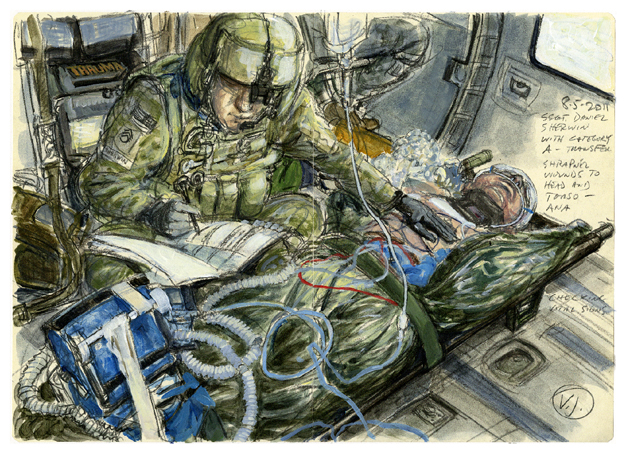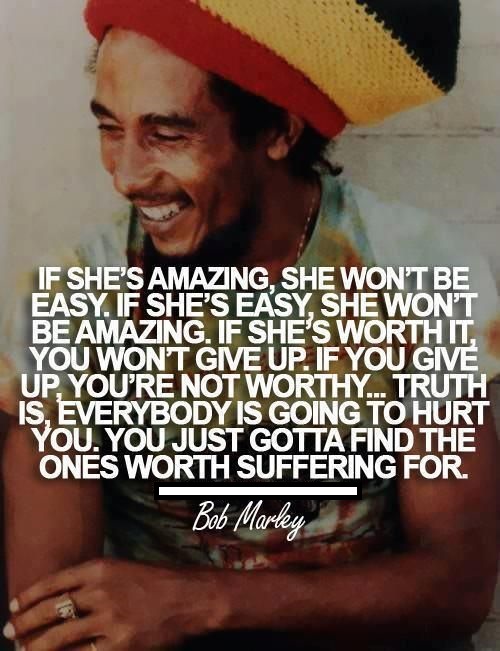FFJ Editor answers about Superhero Fiction
 FFJ Editor answers about Superhero Fiction
FFJ Editor answers about Superhero Fiction
Interview with Nick Fouriezos, a reporter with Ozy.com
Nick: I was hoping to interview a Freedom Fiction editor or other staffer for some context about flash fiction stories, superhero-lit and the appeal of shorter, alternative offerings in the digital book publishing space.
Ujjwal Dey: I would be glad to support the genre. As you can see, in culture and mainstream media such as Movies, TV shows and popular novelisations of movies – there seems to be a resurgence of the Superhero or the very need for one in this chaotic world. The ages old Superman was the longest continuously running Sci Fi TV series in the world with “Smallville” recently. (Dr.Who has had gaps)
Nick: What are some of the reasons why Freedom Fiction chooses to publish superhero stories? Are superhero stories widely embraced by publishers, or are they usually seen as not very marketable or mainstream?
UD: You have to understand and appreciate that publishing industry is a for profit business like any other. The major publishers outright reject short story compilations because they are not marketable. You would have to be someone really famous or award winning such as Hemmingway or Haruki Murakami or Paulo Coelho to get to publish a short story collection with a major publisher. Most short stories that appear as paperbacks are Anthologies by various authors collected by a famous Author or Editor or Magazine, such as Editor Gardner Dozois who has had great success in Annual Best Science Fiction collections. He is the Editor of Asimov’s Science Fiction Magazine. Similarly Best of Anthologies or Theme based Anthologies have been published by Game of Thrones author George R.R. Martin, Clive Barker (horror) or various Crime Fiction / Thriller Fiction Authors. That’s all there is to the commercial success of a short story. Genre fiction short stories have a very small market. There are a lot of SciFi and Fantasy magazines publishing and paying well for short stories accepted by them. Or there are the few Crime fiction Magazines. The cream of the crop is magazines such as New Yorker or Playboy which will pay as much as US$500 for a short story. But if you read those magazines regularly, you will find that the authors published there are no amateurs. They are already veterans or big fish of the writing industry.
This long background brings us to why FreedomFiction.com publishes superhero and other short fiction. We want to preserve that art. Any great artist who can paint the great canvasses can also make a splendid miniature. Short Story should not die. We are fighting for that art. Since SciFi, Fantasy, Horror and Crime are the only major genre of magazines publishing short stories, there is a very narrow to zero market for superhero short fiction. But the comic book and graphic novel publishers have had great success with superhero fiction or vigilante justice. Whether it be Watchmen or V for Vendetta or Bullet to the head (made into a Sylvester Stallone movie of same name), or Judge Dredd or Ghost Rider.
Nick: What kind of effect, if any, has the popularity of Hollywood’s superhero movies had on the success of superhero literature? I’m mostly speaking in regards to fiction novels or short stories, rather than comics.
UD: There is sort of a cult following for some superhero characters that we all have grown up with. I am definitely not a fan of the early Superman movies or the Keaton Batman movies. I believe it was the technology breakthrough in special effects which has created a real and very profitable market for Superhero movies. Spiderman movies by Sam Raimi led the way and created cinema history. Do you know it took over 18 years and changing of many studios and directors and actors before Ironman movie was even made? Now thinking that Ironman is not a profitable movie franchise sounds stupid. But Hollywood rejected Ironman from the start in 1990 till Marvel Comics launched its own Movie Production company to bring Ironman to cinema halls in 2008. And now every studio worth its salt want to cash in on the Superhero bandwagon.
Literature however has been relegated to reissue of digitally mastered classic Comic Books featuring the Superheroes of those movies. Novelisations of Batman, Superman (both by veteran Kevin J. Anderson) and Indiana Jones (by very successful James Rollins) have had little impact on the general reading audience. It is all seen as collectibles. A piece of memorabilia from the zeitgeist.
Short Fiction market for Superheroes hasn’t “profited” (yes, appropriate term) from this Hollywood boom. New ideas such as Guardians of the Galaxy also go on to clichéd mediums of graphic novels or animation shows. Even true geniuses such as Joss Whedon never did anything other than comics for its cult TV shows, namely Buffy the Vampire Slayer and Firefly. He is the writer-director of The Avengers movie and its sequel.
So short story again gets the short end of the stick. And Novels even though done by very reputable Thriller writers, don’t seem to attract readership beyond the immediate fanbase of the Superhero. Fan Fiction on the other hand has seen a boom. There are all types of fan fiction made out of the universes of these superheroes. Of course they are all illegal since the characters are copyrighted and these fan fiction are written by fans who want to imagine Batman in bed or Peter Parker in the Iraq war.
Nick: While obviously the movies continue to sell, has there been a backlash in literary communities against the more cliched aspects of superhero stories? Has the pop success of superhero stories forced writers to be more creative about their superheroes, and the stories they craft around them?
UD: Superhero is a timeless concept. Whether it is Superman dating back to 1930s or Flash Gordon (1934). Even before that Pulp Paperback Novels such as Doc Savage or Tarzan of the Apes (1912) or John Carter of Mars or Conan the Barbarian are all still popular till date. One look at Amazon Sales Rank for the ebook versions of these novels will reveal their age-old popularity. The Amazon Reviews by the various readers will make you wonder why the hell John Carter movie tanked at the boxoffice. If you have read the classic The Hero with a Thousand Faces by Joseph Campbell you will understand my perspective.
The sad reality of modern Superhero Fiction is that they have been permanently categorised by the publishing industry for comics or graphic novels. Maybe the world awaits a new Edgar Rice Burroughs or a new Robert E. Howard to show us how to do Superhero Novels and short stories in the 21st century.
A look at goodreads.com list shows that the authors remain unknown and the superhero remain the same trademarked legacy of DC Comics and Marvel Comics. The Superhero Fiction Genre cries out for a leader, a visionary – a Hero!!!
https://www.goodreads.com/shelf/show/superhero-novels
Thanks for having me on Ozy. Australia is a dream destination for anyone and everyone. Hope to see and hear more from fans Down Under.
**** THE END ****























